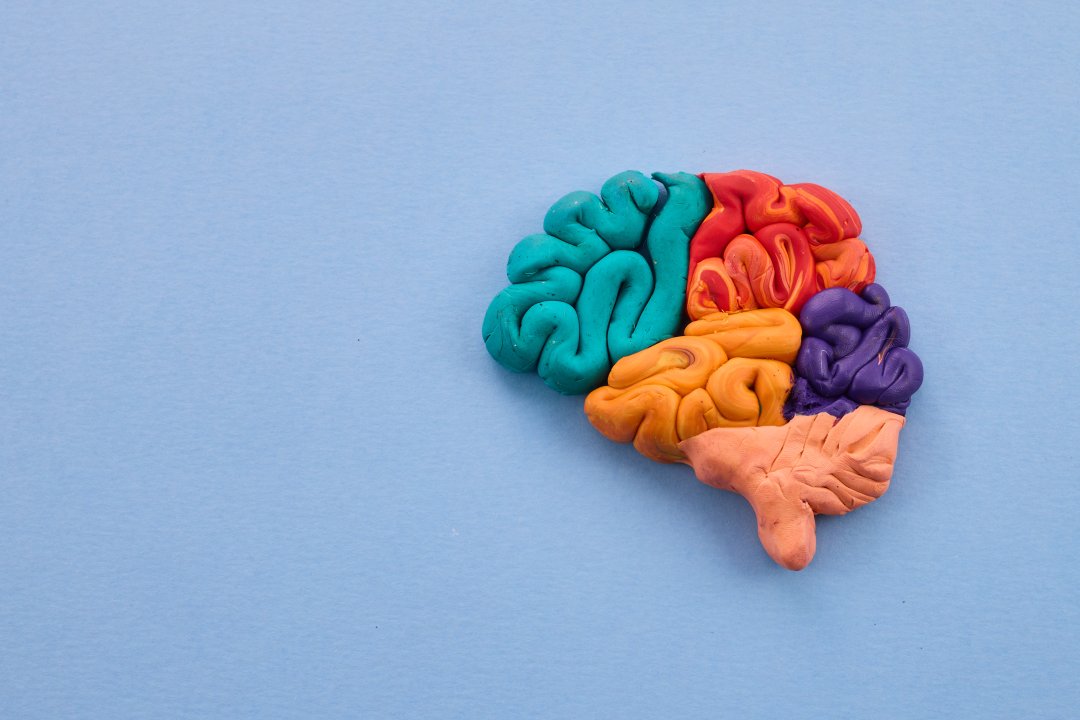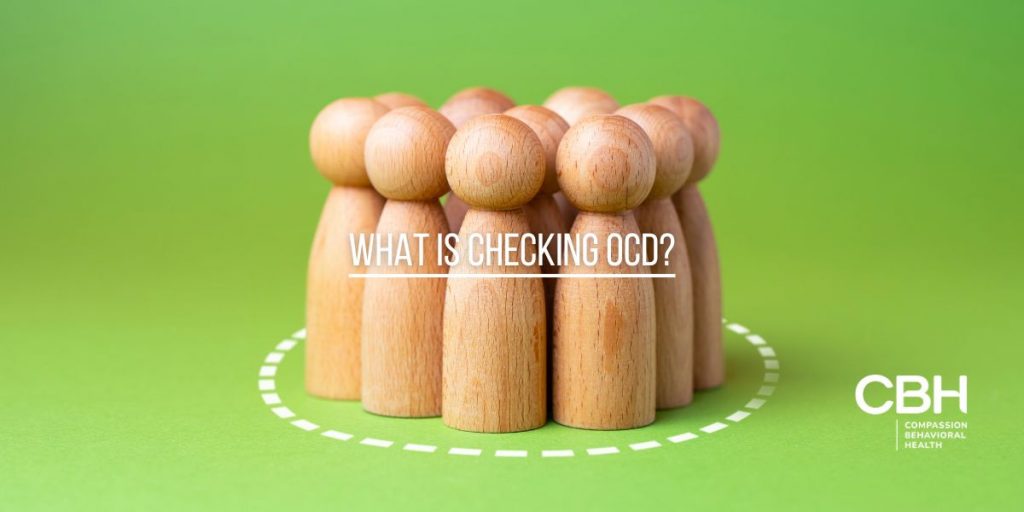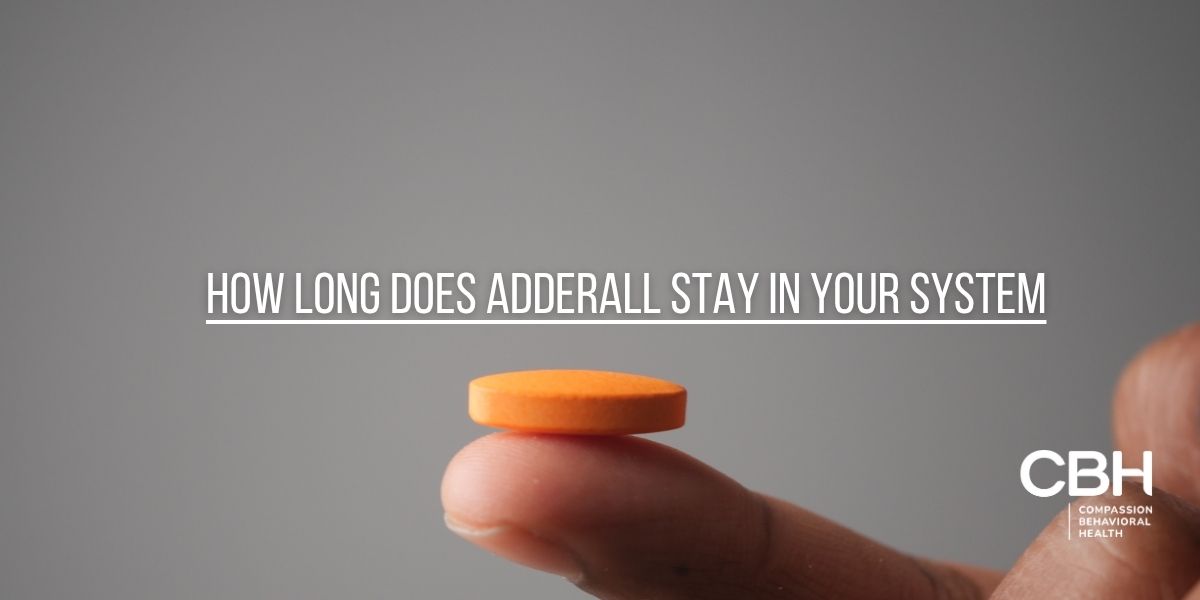Obsessive-Compulsive Disorder (OCD) is a mental health condition characterized by recurring and unwanted thoughts, as well as repetitive behaviors or rituals. It can affect people of all ages, genders, and backgrounds, and is estimated to affect around 2% of the global population. One specific subtype of OCD is Checking OCD, which involves an intense need to repeatedly check things to prevent harm or bring about a sense of security. In this article, we will delve into the basics of OCD, explore the specifics of Checking OCD, discuss its impact on daily life, examine treatment options, and provide coping strategies for individuals with this disorder.
Understanding the Basics of OCD
Obsessive-Compulsive Disorder is a multifaceted mental health condition that can have a profound impact on an individual’s daily life and overall mental well-being. It is crucial to delve into the foundational elements of OCD to gain a comprehensive understanding before delving into the intricacies of Checking OCD.
Individuals grappling with OCD often find themselves trapped in a cycle of obsessions and compulsions that can be overwhelming and all-consuming. Obsessions are intrusive thoughts, urges, or mental images that recur persistently and trigger significant distress. Compulsions, on the other hand, are repetitive behaviors or mental acts performed in response to these obsessions, with the aim of reducing anxiety or preventing a perceived harm. These obsessions and compulsions can demand a considerable amount of time and energy, leading to distress and hindering various aspects of an individual’s life.

Defining Obsessive-Compulsive Disorder
OCD is a complex mental health condition characterized by the presence of obsessions and compulsions. Obsessions are intrusive and unwanted thoughts, images, or urges that cause significant distress, while compulsions are repetitive behaviors or mental rituals performed in an attempt to alleviate anxiety or prevent a feared outcome. The relentless nature of these obsessions and compulsions can result in a profound disruption of an individual’s daily routine and overall quality of life.
The Different Types of OCD
Obsessive-Compulsive Disorder presents itself in a myriad of forms, reflecting the diverse ways in which the condition can manifest.
Common subtypes of OCD include
- contamination fears accompanied by elaborate cleaning rituals
- obsessions centered around symmetry and precise ordering
- doubting and checking behaviors
- intrusive thoughts related to harm or forbidden sexual taboos
Checking OCD, in particular, revolves around the compelling urge to repeatedly verify things, whether it be ensuring doors are locked or appliances are turned off, in a bid to assuage anxiety and avert potential dangers.
The Specifics of Checking OCD
Checking OCD involves persistent doubts and fears, leading to the compulsion of repeatedly checking certain objects, appliances, or situations. This can include checking that the door is locked, the stove is turned off, or that harmful accidents have been prevented. Let’s explore the psychology behind Checking OCD and the common symptoms and behaviors associated with it.
The Psychology Behind Checking OCD
Researchers believe that OCD, including Checking OCD, is rooted in various factors, including genetics, brain chemistry, and environmental influences. In Checking OCD, the repetitive checking behavior is driven by a strong desire to prevent harm or alleviate anxiety. Individuals with Checking OCD often experience distressing thoughts about potential disasters or negative consequences if they do not perform these rituals.
One psychological theory suggests that the repetitive checking behavior in OCD may be a result of an overactive “error detection” system in the brain. This system is responsible for detecting and correcting mistakes, but in individuals with OCD, it becomes hyperactive, leading to excessive checking. The fear of making a mistake or causing harm becomes amplified, and the individual feels compelled to check repeatedly to ensure everything is in order.

Common Symptoms and Behaviors
Checking OCD can manifest in a variety of ways, with some common symptoms and behaviors including:
- Constantly checking appliances, locks, or switches
- Feeling intense distress if the checking ritual is not performed
- Repeatedly asking others to confirm if something has been done correctly
- Engaging in mental reassurance, such as repeatedly going over details in one’s mind
These symptoms can be time-consuming and can significantly interfere with daily activities. For example, an individual with Checking OCD may spend hours each day checking and rechecking locks, even though they know deep down that the door is locked. This can lead to feelings of frustration, guilt, and a sense of being trapped in a never-ending cycle of checking.
It is important to note that Checking OCD is a recognized mental health condition and should be taken seriously. If you or someone you know is experiencing symptoms of Checking OCD, it is recommended to seek professional help from a qualified mental health practitioner. Treatment options, such as cognitive-behavioral therapy and medication, can help individuals manage their symptoms and improve their quality of life.
The Impact of Checking OCD on Daily Life
Checking OCD can have profound effects on an individual’s emotional well-being, as well as their social and professional life. The constant need to check can disrupt daily routines, strain relationships, and lead to significant distress.
Individuals with Checking OCD may find themselves caught in a cycle of checking and rechecking, often feeling compelled to repeat actions multiple times to alleviate their anxiety. This can create a sense of never-ending doubt and uncertainty, making even simple tasks a source of immense stress.

Emotional and Psychological Effects
People with Checking OCD may experience high levels of anxiety, fear, and frustration. The constant doubts and fears about whether they have taken the necessary precautions can be mentally exhausting and emotionally draining. The ongoing distress can significantly impact their overall mood and quality of life.
Furthermore, the relentless need to check can lead to a sense of powerlessness and helplessness, as individuals feel unable to control their thoughts and behaviors. This loss of autonomy can further exacerbate feelings of anxiety and contribute to a sense of diminished self-worth.
Social and Professional Consequences
Checking OCD can also have adverse effects on one’s social life and career. The need to repeatedly check things can consume a significant amount of time, leading to difficulties in meeting deadlines or fulfilling social obligations. This behavior can strain relationships, cause misunderstandings, and even lead to isolation and withdrawal from social activities.
In a professional setting, the impact of Checking OCD can manifest in decreased productivity, as individuals may spend excessive amounts of time on checking tasks rather than focusing on their work responsibilities. This can hinder career advancement and potentially lead to conflicts with colleagues or supervisors, further adding to the individual’s stress and anxiety levels.
Treatment Options for Checking OCD
Fortunately, there are several effective treatment options available for individuals with Checking OCD. These treatments can help manage symptoms, reduce distress, and improve quality of life.
When it comes to tackling Checking OCD, a multi-faceted approach is often recommended to address the complex nature of the disorder. Alongside traditional treatment methods, incorporating lifestyle changes and self-care practices can also play a crucial role in managing symptoms and promoting overall well-being.
Cognitive Behavioral Therapy (CBT)
Cognitive Behavioral Therapy is a widely recognized and highly effective form of therapy for OCD. Specifically, Exposure and Response Prevention (ERP) is a specific type of CBT that is often used to treat Checking OCD. ERP involves gradually exposing individuals to situations that trigger anxiety-inducing obsessions while discouraging the accompanying rituals or checking behaviors. Over time, this helps reduce anxiety and retrain the brain’s response to triggers.
Moreover, CBT equips individuals with valuable skills to challenge negative thought patterns and develop healthier coping mechanisms. By working closely with a trained therapist, individuals can learn to identify triggers, modify behaviors, and cultivate a more balanced perspective towards their obsessions and compulsions.

Medication and Other Therapies
In some cases, medication may be prescribed to help manage the symptoms of Checking OCD. Selective serotonin reuptake inhibitors (SSRIs) are commonly used to reduce obsessive thoughts and compulsive behaviors. Other therapies, such as acceptance and commitment therapy (ACT), may also be beneficial in helping individuals cope with the distress associated with Checking OCD.
Additionally, exploring alternative therapies like mindfulness meditation, yoga, or art therapy can complement traditional treatment approaches and provide individuals with additional tools to manage stress, enhance self-awareness, and foster a sense of inner peace.
Coping Strategies for Individuals with Checking OCD
In addition to therapy and medication, individuals with Checking OCD can implement various coping strategies to manage their symptoms and improve their overall well-being.
Self-Care Tips for Managing OCD
Implementing self-care practices can significantly contribute to managing OCD symptoms. Some self-care strategies for individuals with Checking OCD may include:
- Establishing a structured daily routine
- Engaging in regular exercise or physical activity
- Practicing relaxation techniques, such as deep breathing or meditation
- Getting sufficient sleep and maintaining a healthy diet
Creating a structured daily routine can provide individuals with Checking OCD a sense of stability and predictability. By planning their activities and tasks in advance, they can reduce the likelihood of feeling overwhelmed or anxious. Engaging in regular exercise or physical activity not only promotes physical health but also helps individuals manage their stress levels. Whether it’s going for a jog, practicing yoga, or participating in a team sport, physical activity can serve as an outlet for pent-up energy and tension.
Practicing relaxation techniques, such as deep breathing or meditation, can be particularly beneficial for individuals with Checking OCD. These techniques can help calm the mind and reduce anxiety levels. By focusing on their breath or engaging in mindfulness exercises, individuals can learn to redirect their attention away from obsessive thoughts and compulsive behaviors.
Furthermore, getting sufficient sleep and maintaining a healthy diet are essential aspects of self-care for individuals with Checking OCD. A good night’s sleep can improve mood, concentration, and overall well-being. Eating a balanced diet that includes nutritious foods can provide the body with the necessary nutrients to function optimally. Avoiding excessive caffeine or sugary foods can also help regulate energy levels and reduce anxiety.
Support Systems and Resources
Building a support system can play a crucial role in coping with Checking OCD. Connecting with others who share similar experiences can provide a sense of validation and understanding. Support groups, either in-person or online, can be a valuable source of encouragement and empathy. Sharing experiences, discussing coping strategies, and receiving support from others who truly understand the challenges of living with Checking OCD can be immensely beneficial.
In addition to support groups, various online resources and organizations offer information, support, and guidance for individuals living with OCD and their loved ones. Websites, forums, and helplines provide a wealth of knowledge about OCD, its symptoms, and available treatment options. They can also offer practical advice on managing specific challenges related to Checking OCD, such as dealing with intrusive thoughts or developing effective coping mechanisms.
By utilizing these support systems and resources, individuals with Checking OCD can feel less alone in their journey and gain valuable insights and strategies for managing their symptoms.
In conclusion, Checking OCD is a subtype of Obsessive-Compulsive Disorder characterized by the persistent need to repeatedly check things. It can have a significant impact on individuals’ emotional well-being, social life, and professional endeavors. However, with a combination of therapy, medication, and coping strategies, individuals with Checking OCD can effectively manage their symptoms and live fulfilling lives.
Checking OCD Treatment at CBH

If you or a loved one is struggling with Checking OCD, remember that you’re not alone, and help is available. At Compassion Behavioral Health, we understand the complexities of this condition and are here to offer a customized approach to treatment that caters to your unique needs. Our dedicated team is committed to guiding you towards sustainable recovery and improved mental health. Conveniently located in South Florida, our Hollywood rehab center is a place of solace and healing. Don’t hesitate to take the first step towards reclaiming your life. Call Us Today and let us be your partner on this journey to wellness.



